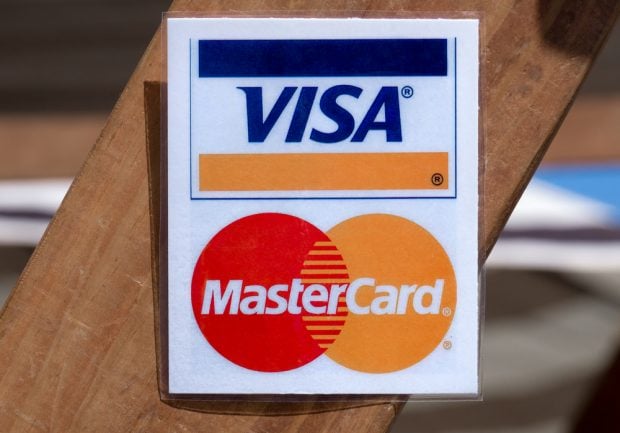Credit union trade associations are disputing the results of a Federal Reserve report that founddebit interchange income hasn't decreased for institutions with fewerthan $10 billion in assets since the Durbin amendment exempted themfrom caps mandated by the Dodd-Frank Act.
|The Fed said Thursday in a release that data it collected frompayment card networks reveal that all of the networks provided ahigher average interchange fee to exempt issuers than non-exemptissuers in 2012.
|The average interchange fee per signature debit transaction forexempt issuers was slightly more than double that for non-exemptissuers. The average interchange fee per PIN debit transaction forexempt issuers was 1.3 times greater than that for non-exemptissuers. Exempt issuers received $7.4 billion in total debit cardinterchange revenue in 2012, compared with approximately $5.3billion in debit card interchange revenue in 2009.
|That's not what members are telling CUNA and NAFCU, according toreleases from the two organizations. Both groups lobbied againstthe interchange cap, saying that even exempt institutions wouldreceive less interchange income due to market forces.
|NAFCU said in a release it has found that, for its members, themedian interchange fee – on its face and as a percentage oftransaction amount – has decreased since the rule took effect.“Credit unions continue to tell us that they are feeling the pinchof this unfortunate rule in both loss of fees and increasedcompliance burden,” said NAFCU President/CEO Fred Becker. CUNA saidit also has heard a different story from its members, and said itis speaking with Fed officials to learn more about the report,which was gathered from survey responses from payment card networksand 102 small depository institutions. The number of credit unionsthat participated in the survey is not apparent from theinformation released, CUNA said.
|”These results are welcome in the short term for creditunions across the country, but we continue to have grave concernsabout debit interchange income for credit unions over the longerterm, and question whether these results will stand over time,”President/CEO Bill Cheney said. The Fed said the survey alsorevealed that most small issuers said they did not incursignificant compliance costs to meet network exclusivity provisionsof the rule. Only 16% of respondents said they incurred compliancecosts to enable two unaffiliated debit card networks on each debitcard.
|Those issuers that incurred compliance costs reported an averageinitial cost of 72 cents per card and average projected ongoingannual costs of $1.19 per card to come into compliance. Only threeof the small issuers that responded to the survey said theircardholders complained of having their debit cards discriminatedagainst by merchants, the report said, and the results did notclarify if the complaints were directly due to the fact that thecards were exempt from the interchange fee standard.
|The Government Accountability Office and the Federal Trade Commission have also reported that exemptinstitutions have not experienced large declines in interchangeincome since Regulation II took effect.
Complete your profile to continue reading and get FREE access to CUTimes.com, part of your ALM digital membership.
Your access to unlimited CUTimes.com content isn’t changing.
Once you are an ALM digital member, you’ll receive:
- Critical CUTimes.com information including comprehensive product and service provider listings via the Marketplace Directory, CU Careers, resources from industry leaders, webcasts, and breaking news, analysis and more with our informative Newsletters.
- Exclusive discounts on ALM and CU Times events.
- Access to other award-winning ALM websites including Law.com and GlobeSt.com.
Already have an account? Sign In
© 2024 ALM Global, LLC, All Rights Reserved. Request academic re-use from www.copyright.com. All other uses, submit a request to [email protected]. For more information visit Asset & Logo Licensing.









